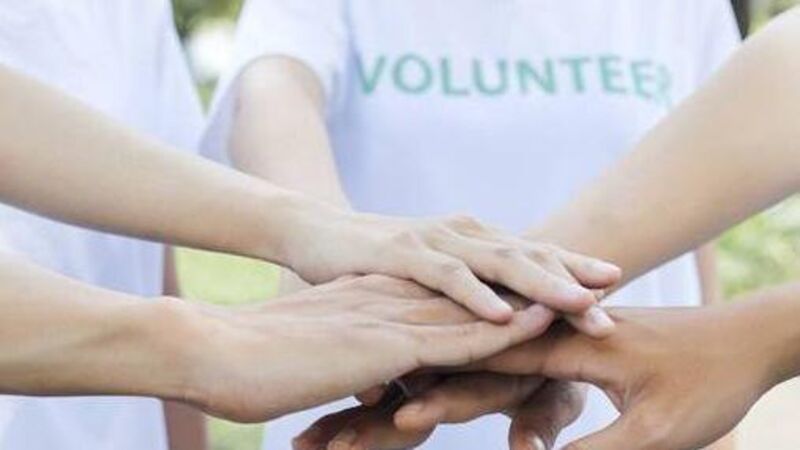Irish Examiner view: Recognition for volunteers in our communities

One in seven people in Ireland take part regularly in voluntary work, with sporting organisations benefitting from a surge in volunteers in recent years. They saw a 50% increase in people stepping forward compared to a 13% fall experienced by religious or church groups. File picture: iStock/DragonImages
It was the AA travel breakdown and insurance organisation which used to position itself in advertising campaigns as “the fourth emergency service”.
That was some two decades ago, and the AA has moved on. But what is true now, as it was then, is that there is another emergency service which is unsung and often taken for granted.













